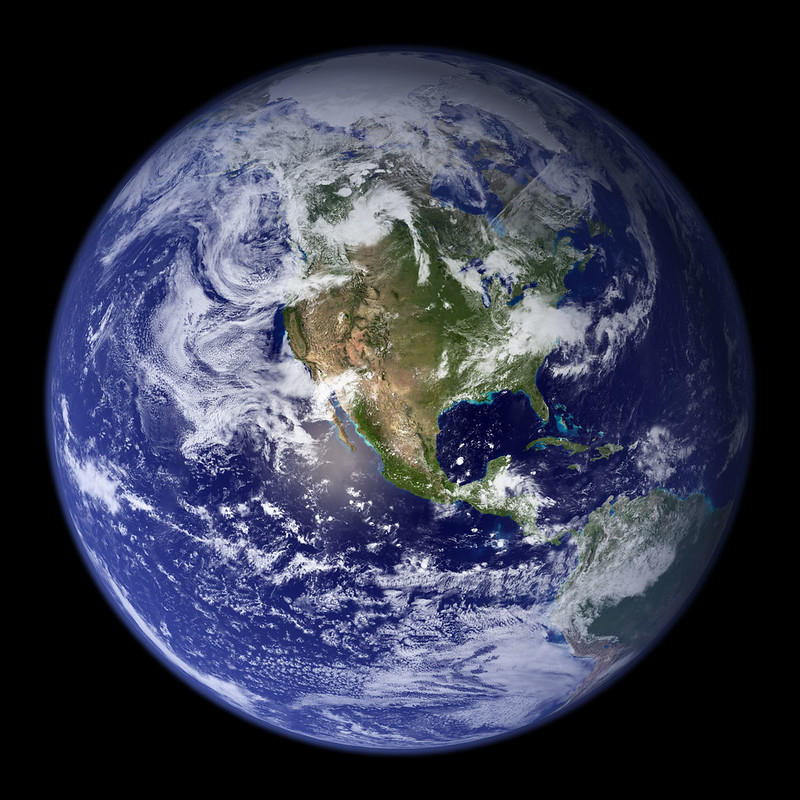
Blue Marble 2000. Credit: NASA, Image created by Reto Stockli with the help of Alan Nelson, under the leadership of Fritz Hasler. CC 2.0.
Earth Day, observed on April 22, is a global movement focused on protecting our planet. This year, as the collective acknowledgment of environmental degradation’s profound impact, we are also presented with an opportunity to champion a cause that could significantly alter the course of our environmental future—the Global Plastics Treaty.
Origins & Significance of Earth Day
Earth Day first emerged in 1970, initiated by Senator Gaylord Nelson after witnessing the catastrophic effects of an oil spill in Santa Barbara. The first Earth Day mobilized 20 million Americans and led to the creation of significant environmental policies and the Environmental Protection Agency (EPA). Today, Earth Day engages millions of people worldwide in activities aimed at preserving our planet, underscoring the power of collective action in tackling global challenges.
Why Earth Day Matters
Earth Day is crucial for several reasons:
- Environmental Education: It raises awareness about pressing environmental issues and promotes sustainable practices.
- Global Solidarity: Earth Day unites people across the globe, emphasizing that environmental stewardship is a shared responsibility.
- Action and Advocacy: The day inspires individuals and organizations to engage in activities that protect the environment, from local clean-ups to global initiatives.
Earth Day 2024: End Plastic Pollution
The theme for Earth Day 2024 is the urgent need to combat plastic pollution. Plastics, particularly single-use plastics, are a severe threat to the environment, filling our oceans, killing wildlife, and disrupting ecosystems. The focus is on reducing plastic production by 60% by 2040 and eliminating single-use plastics by 2030.
The Urgent Call for the Global Plastics Treaty
In conjunction with Earth Day’s efforts, there is a significant push for the Global Plastics Treaty, a comprehensive international agreement aimed at tackling plastic pollution globally. With over 14,905 signatures, this petition calls on the United Nations and government organizations to adopt stringent measures against plastic pollution, including:
- Reducing fossil fuel-based plastic production by 60% by 2040.
- Holding producers accountable for environmental and health-related damages.
- Banning plastic waste exports and incineration.
- Promoting innovation in alternatives to plastic.
If we do not change our current habits, we will see a rise in hormonal diseases, cancers, and cardiovascular damage linked to the production and consumption of plastics. However, this bleak future is not inevitable; we have the ability to redirect our path and avoid this looming crisis.
How You Can Help
This Earth Day, let your actions speak louder than words:
- Sign the Global Plastics Treaty Petition: Join the global movement to push for a binding international agreement that addresses plastic pollution head-on.
- Reduce, Reuse, Recycle: Make personal changes to minimize your plastic usage.
- Participate in Community Actions: Engage in local Earth Day events that focus on cleaning up and reducing plastics and help spread the word.
Final Thoughts
Celebrating Earth Day means committing to protect our planet continuously. By supporting initiatives like the Global Plastics Treaty, we can take significant steps towards a sustainable future free from plastic pollution. This Earth Day, let’s not just celebrate our planet; let’s take concrete steps to save it. Together, we can make a difference, but only if we act now. Join the movement, sign the treaty, and be part of the solution. We have the power to change our environmental destiny and ensure a healthier planet for future generations.
Our goal is not just an environment of clean air and water and scenic beauty. The objective is an environment of decency, quality and mutual respect for all other human beings and all living creatures.
—Gaylord Nelson
